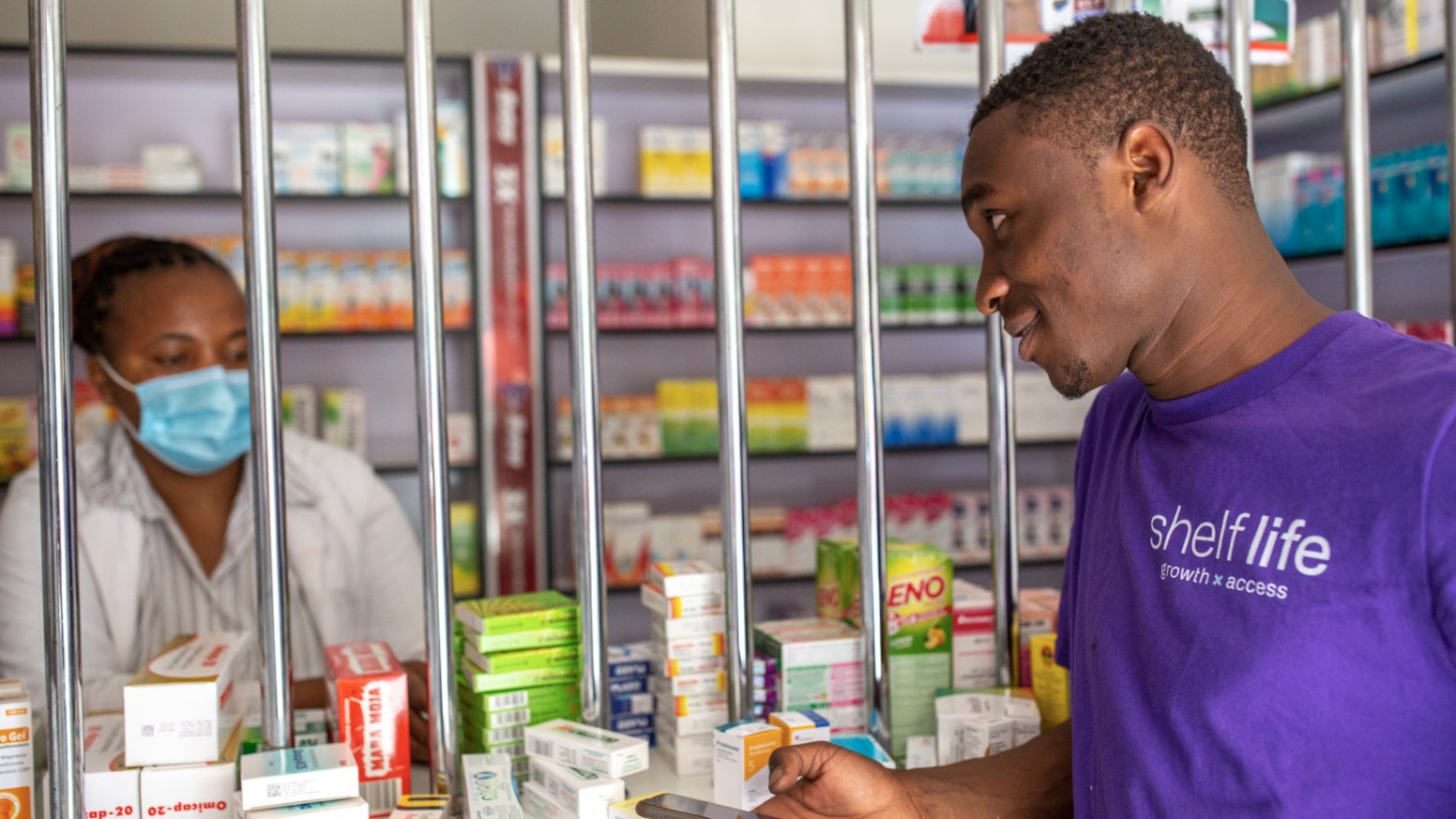This startup is trying to digitize Africa’s pharmaceutical supply chain
Michael Moreland and Justin Lorenzon co-founded Field Intelligence in 2015 to create a data information system to manage distribution and planning for government medical supply agencies in Nigeria.


Michael Moreland and Justin Lorenzon co-founded Field Intelligence in 2015 to create a data information system to manage distribution and planning for government medical supply agencies in Nigeria.
“Without any data coming from the field to the operations we’re invisible to the planners and so you could do all you want to improve the physical operation but if you didn’t have better data then it didn’t work,” Moreland tells Quartz.
They later realized that retail pharmacies in the continent suffered from similar challenges and in 2017 created Shelf Life, a product that digitizes the pharmaceutical supply chain by managing the inventories of the pharmacies through software.
Africa has a fragmented pharmacy market
Africa’s pharmacy market is fragmented with small pharmacies, which are prevalent, operating in a large market where demand is uncertain and supply is constrained. This fragmentation makes it difficult for the sole operating pharmacies to get access to products at the right prices. Due to their small sizes, the small pharmacies have difficulty accessing finance and tools to handle inventory to figure out what to stock and in what amount.
They pharmacies need to be part of a larger buying group in order to make sure they easily have access to stock. On the pharmaceutical company side, local manufacturers struggle to compete with international manufacturers, whose resources allow them to have huge teams of medical sales representatives to push their products to local pharmacies.
How does Field Intelligence’s Shelf Life work?
Shelf Life uses software to manage forecasting, quality assurance, fulfillment, and inventory management for more than 800 pharmacies in Kenya and Nigeria through a subscription service.
It uses the consignment model, a pay-as-you sell approach whereby it owns the products on the pharmacies’ shelves until they sell them, lowering costs for the pharmacies. This way, Shelf Life reduces stock-out and absorbs the risk of expiry and the responsibilities of logistics. For the pharmacies, it also enables them to increase their offerings and frees up cash for their businesses.
“They just subscribe to shelf life and the products they need are on their shelf in the right quantities all the time,” Moreland says.
Africa’s pharmaceutical industry is relatively underdeveloped
Africa has a relatively underdeveloped pharmaceutical manufacturing industry, a situation that has gotten more attention as the continent struggles to get covid-19 vaccines. The continent imports more than 80% of its pharmaceutical and medical consumables.
Moreland notes that local products Shelf Life offers are on average 48% cheaper than imported ones, but less than half of the therapeutic categories that its products cover have alternatives that are made in Africa. This, he says, presents “a huge room for expansion and improvement.”
The company has seen rapidly growing interest in locally manufactured products in both Kenya and Nigeria. About 30% of the products that it offers on subscription are made in Africa and they make up about a fifth of Shelf Life’s revenue, Moreland says.
Sales revenue from products made in Africa are growing rapidly, he adds, recording a 73% increase from the first quarter to the second quarter of this year.
Shelf Life’s goal, Moreland says, is to improve the availability of essential medicines at the community level and making sure that the right products are available conveniently to patients.
Sign up to the Quartz Africa Weekly Brief here for news and analysis on African business, tech, and innovation in your inbox.